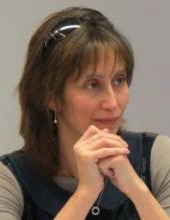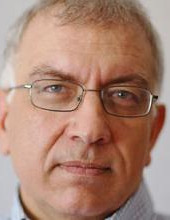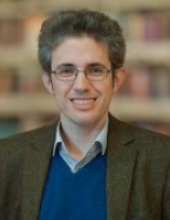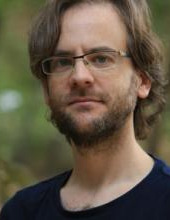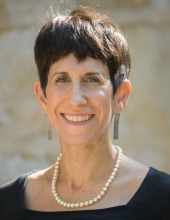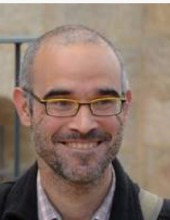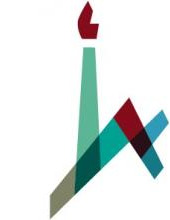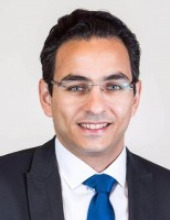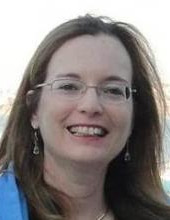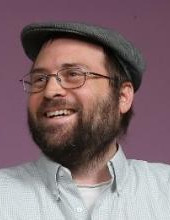Iyas Nasser, a published poet, is a scholar of pre- and early Islamic poetry and classical Arabic literature. He graduated from the Hebrew University of Jerusalem with a BA from the Departments of Arabic Language and Literature, and General and Comparative Literature.
In his MA studies at the Hebrew University he specialized in classical Arabic poetry. He wrote his Master’s thesis, “Fatalism and Hedonism in Ancient Arabic Wine Poetry”, on the social concepts reflected in the wine poetry of pre-Islamic poets, under the supervision of Prof. Albert Arazi. In 2017, he received his PhD from the Hebrew University’s Department of Arabic Language and Literature. His dissertation, supervised by Prof. Arazi and Prof. Meir Bar-Asher, is titled “The Narrative in the Nasīb in Ancient Arabic Poetry”. It examines various narrative forms in pre- and early Islamic amatory poetry, in the light of modern theories of narratology. On completing his PhD he took up his first postdoctoral fellowship at the Seminar for Semitic and Arabic Studies of the Freie Universität Berlin, where he explored several manuscripts of medieval Arabic works which focus on classical poetry. During his second postdoctoral Fellowship, at the Mandel Scholion Research Center of the Hebrew University, he focused on the rhetorical technique of the extended simile in ancient Arabic poetry and in modern Arabic literature.
Dr. Nasser’s research centers on pre-Islamic wine poetry, pre- and early Islamic love poetry, medieval Arabic works of literary criticism, rhetoric, and adab literature (fine literature of an eclectic and encyclopedic nature). In addition, he researches poems composed by women in the pre- and early Islamic eras, and examines their modes of expression in different contexts. He also explores the ways in which specific values and codes are conveyed in pre-Islamic poetry, and the presence of classical literary motifs in modern Arabic literature. In recent studies, he examined the structural affinity between the traditional qaṣīdah and Kitāb al-Zahrah, an anthology of poetry compiled by Muḥammad Ibn Dāwūd al-Iṣfahānī (d. 910). After consulting the manuscripts of this anthology, he was able to shed new light on several aspects which until then had been unclear in the printed editions.
Dr. Nasser teaches courses on a number of subjects, including classical Arabic poetry and literature, love poetry, classical women’s poetry, and modern Arabic novels and short stories. He has won several prestigious awards, most recently the Maof Scholarship for outstanding young scholars. In addition to his academic research, Iyas Nasser has published two Arabic-language poetry collections on themes such as love and women’s rights, and various classical literary motifs.

